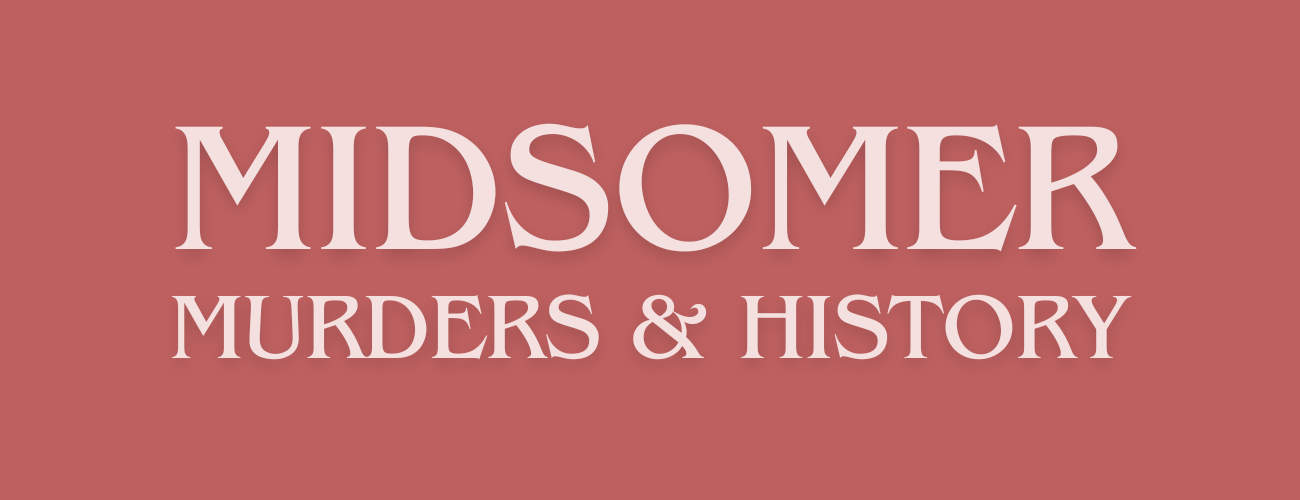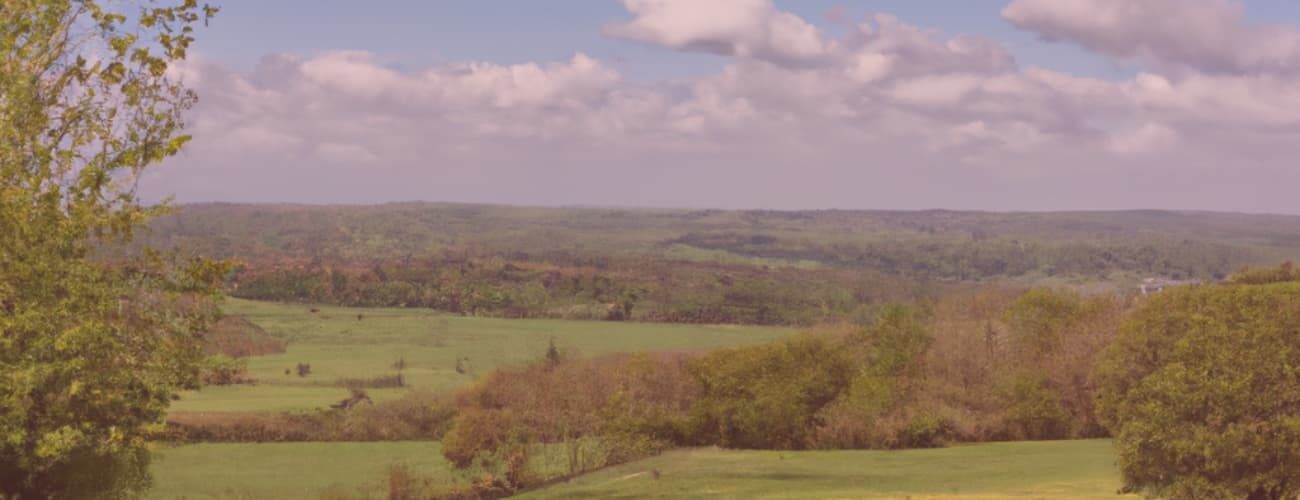• (Caution: Contains spoilers for Episode: S08E04: Bantling Boy) Diesen Beitrag gibt es auch auf Deutsch. • We enter Bantling Hall with Tom Barnaby and Angela Hartley, because among the large gentlemen in oil on canvas is Thomas Bantling. One of the men of whom the lady speaks only with contempt. He fought as an…
Category: Chapters
Midsomer and the Battle of the Somme
• (Caution: Contains spoilers for Episode: S11E01: Shot at Dawn) Diesen Beitrag gibt es auch auf Deutsch. • The episode begins with a black and white picture. “France, July 1916.” is superimposed. It is 1 July 1916 – the first day of the Battle of the Somme. We see soldiers marching forward. Landmines explode,…
The Fisher King in Midsomer County
• (Caution: Contains spoilers for Episodes: S07E03: The Fisher King and a bit of S03E03: Judgement Day) Diesen Beitrag gibt es auch auf Deutsch. • Near to the village Midsomer Priors, on the site of today’s Midsomer Barrow, in Celtic times, during the Iron Age, 3000 years ago, there was a local chieftain: the…
Not Dead But Sleepeth
• (Caution: Contains spoilers for Episode: S13E04: The Silent Land) Diesen Beitrag gibt es auch auf Deutsch. • Joyce and Cully Barnaby attend a concert by a tenor singer and a pianist. While Joyce listens with enthusiasm and devotion to Ben John’s rendition of “Drink to me only with thine eyes”, Cully is visibly…
Ghost Villages in World War 2
• (Caution: Contains spoilers for Episode: S19E01: The Village That Rose From the Dead) Diesen Beitrag gibt es auch auf Deutsch. • A curtain opens to reveal a room with nine people. All of them are dressed in 1940s style. Almost all of them are sitting at three tables, only the older woman who opened…
Domesday in Midsomer
• (Caution: Contains spoilers for Episode: S07E02: Bad Tidings) • Sergeant Daniel Scott has just arrived at his new police station in Causton and is assigned to investigate a murder in Midsomer Mallow. Tom Barnaby and his new sergeant are walking across a meadow where a woman’s body has been found. Daniel Scott is…
The Dissolution of the Monasteries in Midsomer Murders
• (Caution: Contains spoilers for Episode: S04E01: Garden of Death, S07E06: The Straw Woman, and S11E07: Talking to the Dead. With a little bit of S20E01: The Ghost of Causton Abbey, S08E03: Orchid Fatalis, and S14E07: A Sacred Trust.) Diesen Beitrag gibt es auch auf Deutsch. • Tom Barnaby and Ben Jones are in Bow…
ATA – Anything To Anywhere
• (Caution: Contains spoilers for Episode: S16E04: The Flying Club. With a bit of S13E02: The Sword of Guillaume, and a tiny bit of S10E01: Dancing with the Dead) Diesen Beitrag gibt es auch auf Deutschauch auf Deutsch. • A murder has occurred at Finchmere airfield. John Barnaby interrogates the Darnley family who own…
Deeds Not Words
• (Caution: Contains spoilers for Episode: S09E05: Four Funerals and a Wedding) Diesen Beitrag gibt es auch auf Deutsch. • Joyce’s mother, Muriel, is a guest at the Barnaby home. Much to the chagrin of Tom Barnaby, who, while not getting along badly with his mother-in-law, does not appear to have a warm relationship…
The Bell Ringers from Midsomer Wellow
• (Caution: Contains spoilers for Episode: S05E03: Ring out your Dead) Diesen Beitrag gibt es auch auf Deutschauch auf Deutsch. • Tom and Joyce Barnaby are sitting at the table in the kitchen, and Tom is looking through numerous papers, most of which are in front of him. In 1860, the vicar of Midsomer…

